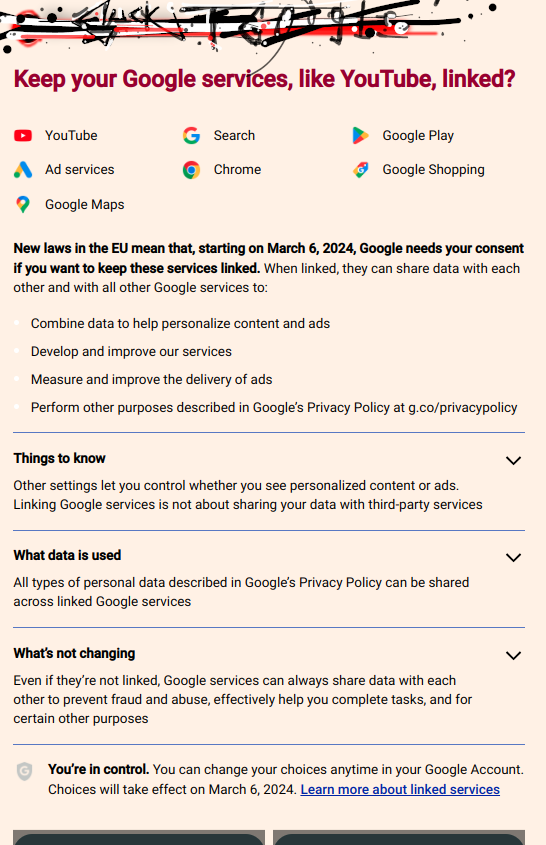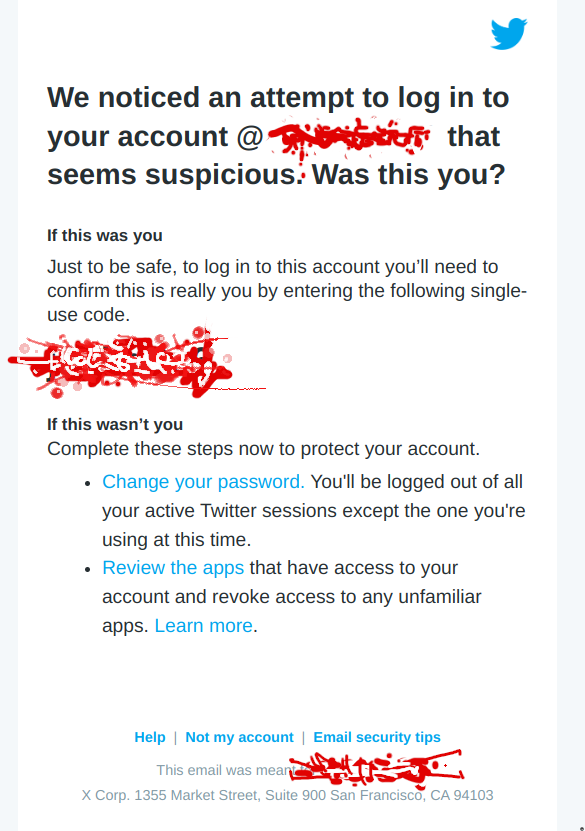Imagine if in this metaphor, the captain of the ship was swapped out every four years, with their completely own itinerary.
I'm not sure I follow, are you claiming that no political parties in liberal democracies are against violence on college protesters?
"The sooner we sink this ship, the sooner we can build our own where we are the captains!"
Compare how and why people cheer for sports teams. If you're affiliated you will support any statement in favor of the team, while ignoring, suppressing, or attacking any statements to the contrary.
You won't debate a Trump troll out of supporting Trump, because it's about belonging to a group and showing loyalty regardless of facts. Honestly I'm not surprised he's doing so well, consider how techy most of us are and still get overwhelmed by what the Internet is shaping up to be. If you're in your 50's from a poor rural area, what chance have you got to stand against weaponized online propaganda?
We are all like this, by the way. The inclination to blind affiliation with groups is the result of very deep, very old, very well studied cognitive structures and behaviors.
Here's some introductory reading that might fundamentally change how you perceive people's participation in groups:
https://thedecisionlab.com/reference-guide/sociology/conformity
Sherif's autokinetic experiment - if enough people around you believe something, you'll soon believe it too
https://www.simplypsychology.org/asch-conformity.html
A similar experiment performed by Solomon Asch
https://www.simplypsychology.org/robbers-cave.html
The Robber's Cave experiment - arbitrarily divide a group into two, and watch the inevitable descent into inter-group conflict (hopeful note: if you make the groups try to overcome a common obstacle, fighting goes away)
Leon Festinger's Cognitive Dissonance Tests - This is an interesting one as well, here's the idea:
Experiment: Infiltrating a doomsday cult before, during, and after the date of their supposed apocalypse, Festinger and his fellow scientists noted that instead of losing faith, members doubled-down on their beliefs after the ‘end times’ came and went — eventually believing that their work saved the world.
Conclusion: When we have two (or more) incompatible thoughts, we adjust them to minimize internal conflict, what Festinger called ‘cognitive dissonance’ — a term that explains the mind state of those unwilling to accept information that conflicts against their belief.
"The Greeks were a bunch of woke gays anyway, good riddance" is what a Republican might say if they knew the Greeks invented democracy.
The concept of AI weaponized mass propaganda on social media makes it less mysterious.
Not a film, but I read Cormac McCarthys The Road at 25, and it threw me into a deep depression from which I never fully recovered.
Watching Alien at any age is a borderline traumatic event.
Gremlins. Still freaks me out.
This has been bothering me too for some time.




"Vote for me or the other guy will eat your children to death" is closer to what's going on.
("vote for me instead, I will only eat the tallest of your children!")